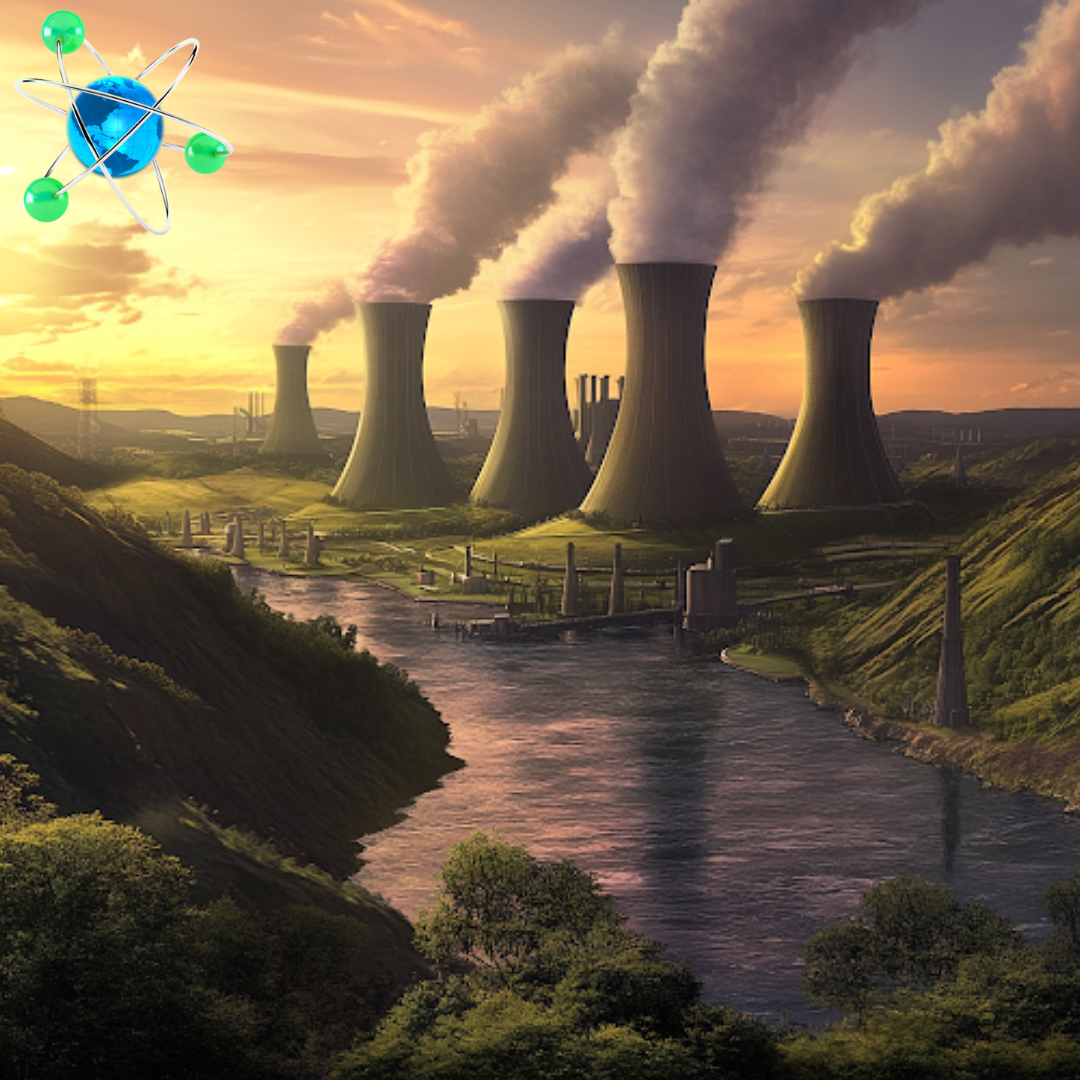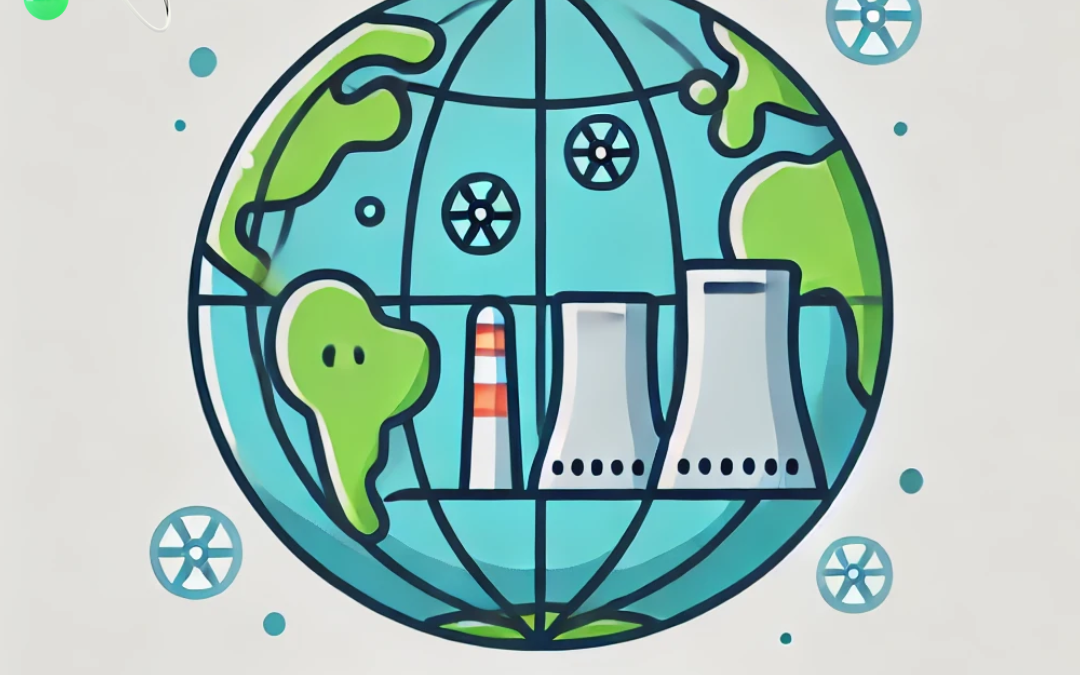
At this year’s United Nations Climate Change Conference, or Conference of the Parties (COP29), which took place in Baku, Azerbaijan, a total of six more countries have joined the coalition of nations in support of tripling nuclear energy capacity by 2050. El Salvador, Kazakhstan, Kenya, Kosovo, Nigeria, and Turkey have joined the coalition of nations supporting tripling nuclear energy capacity by 2050, increasing the total number of endorsing countries to 31.
At COP28, which was held in December 2023, in Dubai, UAE, the declaration was first initiated, with 25 countries in support. On December 2, 2023, heads of state and important officials from Bulgaria, Canada, the Czech Republic, Finland, France, Ghana, Hungary, Jamaica, Japan, South Korea, Moldova, Mongolia, Morocco, the Netherlands, Poland, Romania, Slovakia, Slovenia, Sweden, Ukraine, the UAE, the UK and the USA signed the Ministerial Declaration. Armenia and Croatia also signed the declaration during the summit.
The declaration recognizes the need for tripling nuclear energy capacity to reach global net-zero greenhouse gas emissions and restrict rising global temperatures to 1.5°C by 2050. The declaration also states, “New nuclear technologies could occupy a small land footprint and can be sited where needed, partner well with renewable energy sources and have additional flexibilities that support decarbonization beyond the power sector, including hard-to-abate industrial sectors.” It highlights the critical role that nuclear power will play as the key solution to decarbonization, and due to its small carbon footprint, nuclear energy is complementary to other renewable energy sources.
The World Nuclear Association highlights that many global financial institutions and technology companies are increasingly supporting the expansion of nuclear capacity, driven by the need for reliable, clean, large-scale energy and addressing broader global energy transition goals such as net-zero emissions.
At COP29, significant announcements were made by the International Atomic Energy Agency (IAEA), the United States nuclear industry, and the World Nuclear Association, highlighting the importance of nuclear energy in achieving the Paris Agreement goals cost-effectively and reasonably. The Paris Agreement, signed at COP21, is a legally binding treaty signed by 196 countries that aims to reduce their emissions and adapt to the consequences of climate change. The United States Administration also issued a roadmap at the conference which outlined plans for the deployment of 200 Gigawatt (GW) of nuclear capacity by the year 2050.
Over 130 companies have endorsed the Net Zero Initiative, which was created by the World Nuclear Association and the Emirates Nuclear Energy Corporation, with support from the IAEA’s Atoms4NetZero and the UK government, and launched in September 2023. This initiative seeks collaboration between governments, industries, and civil society to advance nuclear solutions in the fight against climate change.

